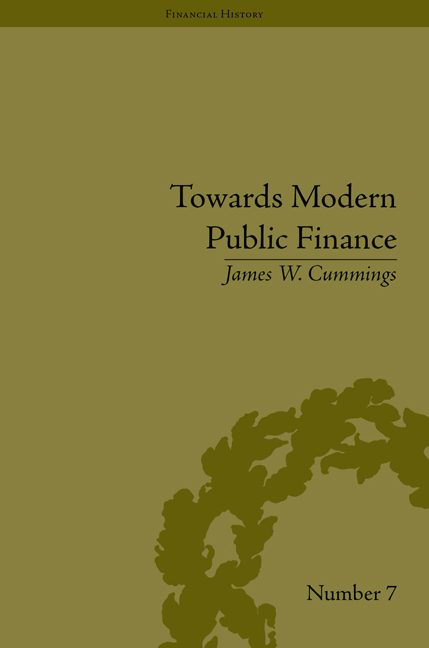Book contents
- Frontmatter
- CONTENTS
- List of Tables
- Introduction
- 1 Financial and Economic Background
- 2 Ideology, Revenue and Financial System
- 3 The Loan of 1846
- 4 The Loan of 1847
- 5 Mexico's Finances
- 6 Making War Pay: The Mexican Assessments
- 7 The Independent Treasury at War
- 8 The Loan of 1848
- 9 Mexican Indemnity and Bounty Land
- Conclusion
- Notes
- Works Cited
- Index
6 - Making War Pay: The Mexican Assessments
- Frontmatter
- CONTENTS
- List of Tables
- Introduction
- 1 Financial and Economic Background
- 2 Ideology, Revenue and Financial System
- 3 The Loan of 1846
- 4 The Loan of 1847
- 5 Mexico's Finances
- 6 Making War Pay: The Mexican Assessments
- 7 The Independent Treasury at War
- 8 The Loan of 1848
- 9 Mexican Indemnity and Bounty Land
- Conclusion
- Notes
- Works Cited
- Index
Summary
Mexico's rejection of the July 1846 peace overtures made by Secretary of State James Buchanan dashed all hopes of a quick and inexpensive war. Faced with growing military expenses and heavy borrowing, Polk and his cabinet began to consider ways to pass part of this burden on to the stubborn Mexican people. The measures held the promise of weakening Mexico's resistance and reducing the financial demands on the American people. Polk adopted the idea enthusiastically and pressed the concept on his hesitant generals. The administration attempted to tax the enemy through requisitioning of supplies, collection of duties at occupied Mexican ports and direct assessments against Mexico's civil governments. The difficulty of forcibly collecting revenue in a large, rural country such as Mexico and the good sense of his generals limited success despite Polk's continued exhortations. The generals, operating with relatively small armies deep in enemy territory, consistently displayed a reluctance to aggravate the local inhabitants.
Until September 1846 the American army operating in Mexico bought supplies at a liberal price from those Mexicans willing to sell. The rejection of the peace initiative caused Polk to abandon what he deemed a conciliatory policy. Anger, along with a desire to reduce financial demands, provided the motivation. The Treasury's cash reserves were fast disappearing and its success in borrowing was not yet established. On 19 September, immediately after learning of the Mexican government's reply to Buchanan's proposal, Polk met with the secretaries of war and the navy and suggested quartering American troops on the population and seizing supplies where possible. Mexicans friendly to the United States would continue to be reimbursed. The cabinet agreed to the policy change the next day.
Secretary of War William Marcy immediately informed General Zachary Taylor of the decision and instructed him to start demanding contributions of supplies from Mexican authorities in occupied territory.
- Type
- Chapter
- Information
- Towards Modern Public FinanceThe American War with Mexico, 1846–1848, pp. 103 - 112Publisher: Pickering & ChattoFirst published in: 2014

